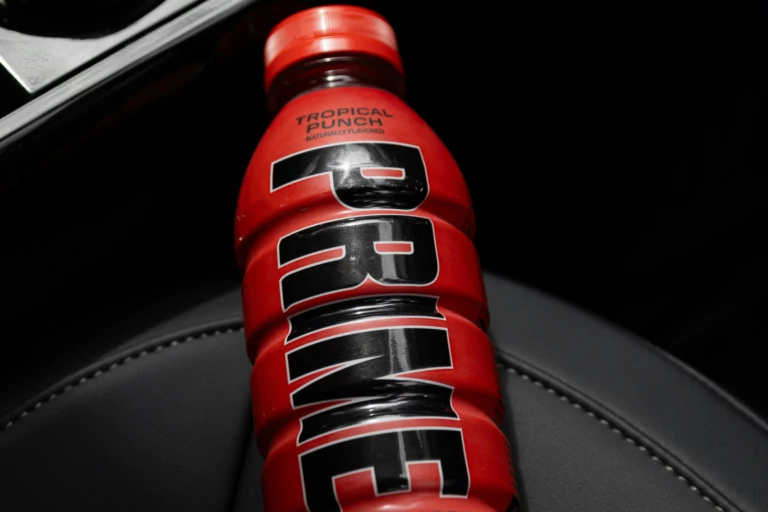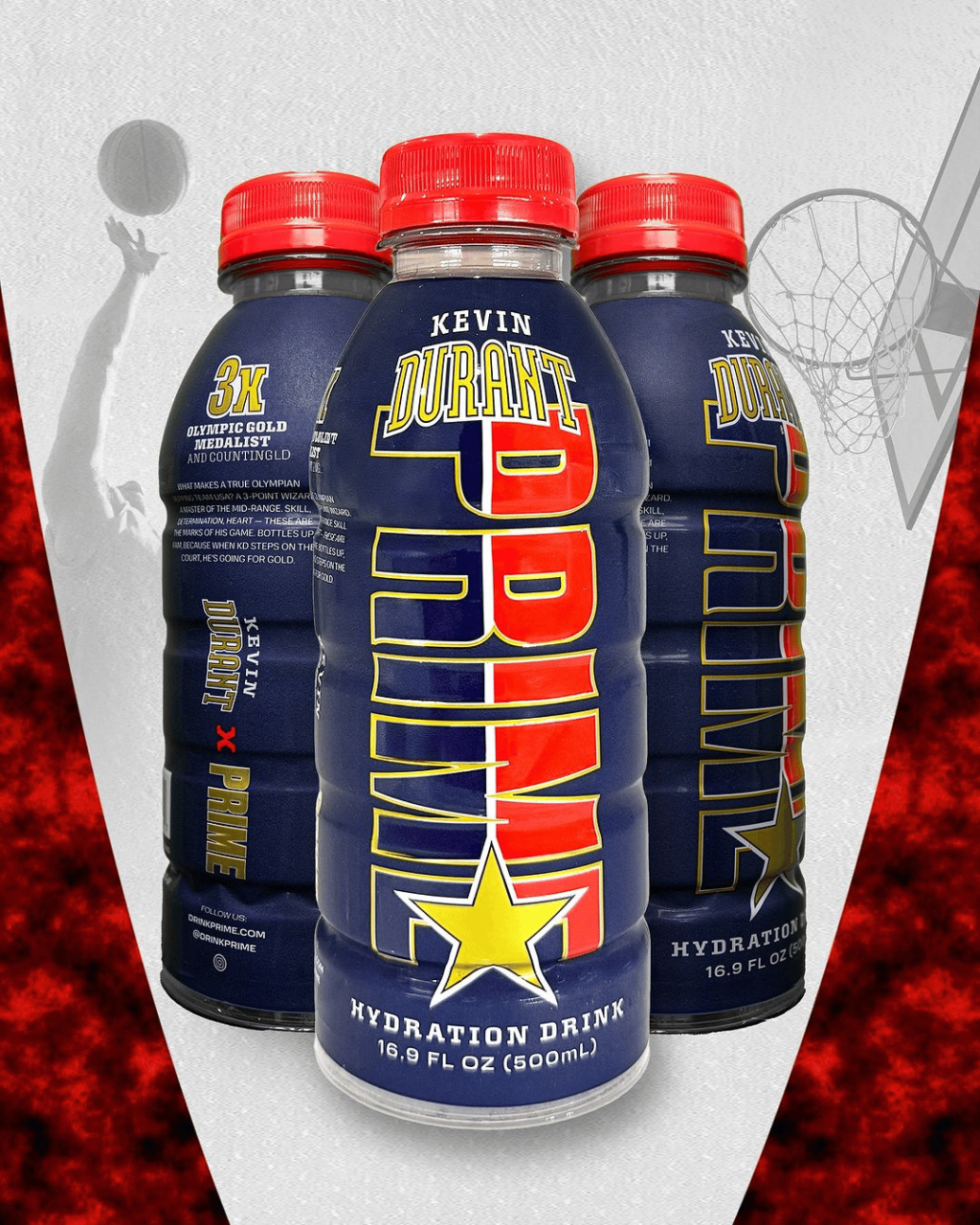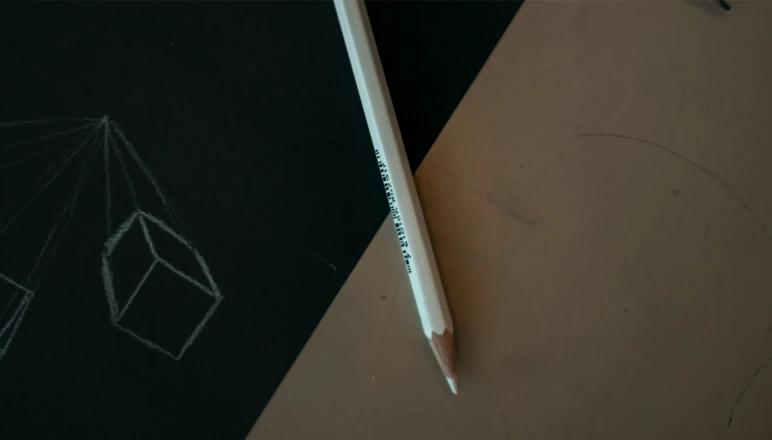The USA Olympic Committee Takes a Swing at Prime

By Samantha Ludemann | Associate & Georgia Renard | Associate
Last Friday, the US Olympic and Paralympic Committee (‘USOPC’) filed a lawsuit in the US Federal Court accusing Prime – an energy drink company co-founded in 2022 by social media influencers Logan Paul and KSI – of trade mark infringement. This comes just a week out from the commencement of the 2024 Summer Olympics in Paris.
The USOPC owns the trade mark ‘OLYMPIC’ in the United States (trade mark no. 2311493), in addition to just under 200 other US trade marks related to the Olympics, the Paralympics, and Team USA.
It is on this basis that the USOPC has accused Prime of using Olympic symbols and phrases trade marked by the Committee on a special edition release of Prime’s ‘Hydration Drink’ in collaboration with renowned American NBA player and “3x Olympic Gold Medalist” Kevin Durant.¹

Retrieved from Prime Vs. Gatorade Media 2024²
For their part, the Committee’s lawyers have called Prime’s acts “willful, deliberate, and in bad faith”. Prime’s online promotional posts for the product have urged customers to “step up [their] hydration game with the Kevin Durant Olympic Prime Drink!” ¹
The Committee alleges that such uses of Olympic trade marks and terminology – including the phrases “OLYMPIAN” and “GOING FOR GOLD” – could deceive, mislead, or confuse consumers into believing that this iteration of the Prime Hydration Drink is endorsed by or otherwise connected to the USOPC.
The USOPC has also relied on its own exclusive agreement with Coca-Cola, which gives Coca-Cola exclusive rights to use the words ‘OLYMPIC’ and ‘TEAM USA’ in relation to beverages in the United States. ³
Coca-Cola has been associated with the Olympics since they first sponsored the 1928 Olympic Games in Amsterdam. In 2019 they signed “one of sport’s biggest corporate sponsorships” – reportedly worth approximately USD $3 billion – to co-sponsor the Olympic Games between 2021 and 2032, alongside the Chinese dairy behemoth China Mengniu Dairy. ⁴
Given this significant investment, it will be interesting to see if Coca-Cola also decides to weigh in on Prime’s use of intellectual property that they ostensibly have an exclusive license for (at least insofar as it relates to beverages).
Trade Marks: Use Contrary to Law
This is not the first time that the unauthorized use of Olympic insignia has been the subject of legal proceedings. Indeed, Olympic insignia are even better protected than your garden-variety trade mark.
This is because Olympic insignia are one example of a species of emblems or logos that derive protection from specific legislation addressed directly to them and their use, as well as or in lieu of being registered as trade marks. Other emblems or logos with direct statutory protection include national flags, the Red Cross, the Geneva Convention Emblem, and Royal insignia.
Australia is no stranger to statutory restraints on emblems and logos. As far as the Olympics are concerned, The Olympic Insignia Protection Act 1987 (Cth)⁵ operates to delimit the use of Olympic insignia within Australia. Other statutory restraints on marks and emblems in Australia include:
- Section 15(1) of the Geneva Conventions Act 1957 (Cth), which explicitly prohibits the use of the Red Cross, Geneva Cross, or Red Crescent without express written consent from the Minister for Defence.⁶
- The Major Sporting Events (Indicia and Images) Protection Act 2014 (Cth), which protects the use of certain words and images in connection with the ICC Men’s T20 World Cup 2022 and the FIFA Women’s World Cup Australia New Zealand 2023;⁷
- The Protection of the Word ‘Anzac’ Act 1920 (Cth) and Protection of the Word ‘Anzac’ Regulation prohibit the use of the word ANZAC without express Ministerial consent⁸; and
- Section 83 of the Defence Act 1903 (Cth), which is concerned with the unauthorized use, supply, or possession of the Australian Defence Force’s emblems and flags.⁹ Part 14 of the Defence Regulation 2016 also prohibits the registration of a trade mark that gives the impression of a connection with the Australian Defence Force.
Attempts to register these protected emblems or logos as trade marks will result in their rejection on the basis that their use is contrary to law. This is an absolute ground of refusal and cannot be argued around without obtaining the appropriate consent as outlined in the respective Act.
The Ted Stevens and Olympic Amateur Sports Act
A US equivalent that is potentially relevant in this instance is the US Amateur Sports Act of 1978 – also known as The Ted Stevens and Olympic Amateur Sports Act – which both established the USOPC and gave it exclusive rights to Olympic-related insignia in the US, including the words ‘OLYMPIC’ and ‘OLYMPIAD’.¹⁰
These exclusive rights also give the USOPC some quite far-reaching enforcement powers, including empowering the Committee to commence civil action against anyone who “uses [its marks] for the purposes of trade, to induce the sale of any goods or services, or to promote any theatrical exhibition, athletic performance, or competition” without the express permission of the USOPC.¹⁰
Suffice it to say that Prime did not get any such permission, and indeed allegedly ignored a cease-and-desist letter issued by the USOPC prior to their filing the lawsuit on Friday.
It is unclear at this stage if the USOPC is seeking to rely on the provisions of the Amateur Sports Act in their action against Prime, although they certainly have asserted these statutory rights in the past: see, for example, San Francisco Arts & Athletics, Inc. v United States Olympic Committee, 483 U.S. 522 (1987)¹⁰, and U.S. Olympic Committee v Tobyhanna Camp Corp 2010 U.S. Dist. LEXIS 117650.¹¹
Given that the commencement of the 2024 Paris Olympics is imminent, businesses should be aware that Olympic insignia, along with being some of the most recognised trade marks in the world, are also some of the most well-protected.
For more IP insights and updates, follow us at XVII Degrees.
Sources:
[1] Williams, S. 2024. Prime sued for trademark infringement by the US Olympic Committee. BBC News. Retrieved from Prime drinks company sued in trademark case by US Olympic committee (bbc.com).
[2] Prime vs Gatorade. 2024. Prime Hydration Signs Kevin Durant. Retrieved from Kevin Durant is Now a PRIME Hydration Athlete » PrimevsGatorade.com.
[3] The Irish Times. 2019. Olympics takes gold with $3bn. Mengniu Dairy-Coca Cola Deal. Retrieved from Olympics takes gold with $3bn Mengniu Dairy-Coca-Cola deal – The Irish Times.
[4] International Olympic Committee. 2024. Coca-Cola Mengniu. Retrieved from Coca-Cola – Official Partner | Olympic Sponsors | IOC.
[5] The Olympic Insignia Protection Act 1987 (Cth).
[6] Geneva Conventions Act 1957 (Cth) s 15(1).
[7] The Major Sporting Events (Indicia and Images) Protection Act 2014 (Cth).
[8] Protection of the Word ‘Anzac’ Act 1920 (Cth).
[9] Defence Act 1903 (Cth) s 83.
[10] US Amateur Sports Act of 1978.
[11] San Francisco Arts & Athletics, Inc. v United States Olympic Committee, 483 U.S. 522 (1987).
[12] U.S. Olympic Committee v Tobyhanna Camp Corp, 2010 U.S. Dist. LEXIS 117650.


